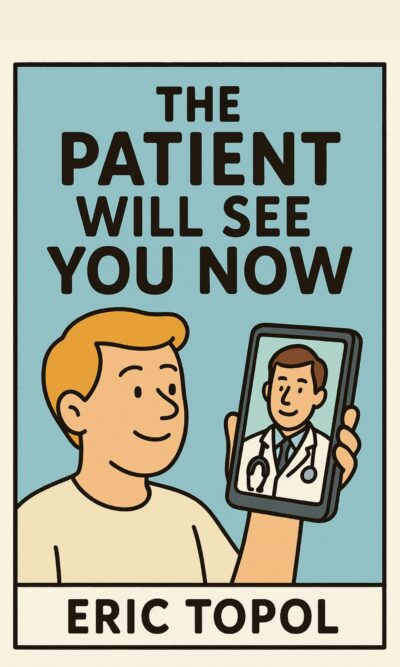Description
Sleep is one of the most natural human needs, yet modern life has turned it into something complicated and stressful. In earlier times, people slept according to the rhythms of day and night, without worrying about “getting enough” or “doing it right.” The invention of artificial light, the demands of work schedules, and the constant pressure to be productive changed how we see rest. Now, sleep is often treated as a problem to solve, with gadgets, apps, and products promising to fix it. But sleep is not just another task—it’s an instinct, and reconnecting with that natural rhythm requires a change in how we think about it.
Every person’s sleep needs are unique. The common idea that everyone should get exactly eight hours is a myth. Sleep is a process, not a skill you can force. While you rest, your body works hard—repairing tissues, balancing hormones, organizing memories, and managing emotions. All stages of sleep, from light to deep, are important. The right amount of rest is the amount that leaves you feeling refreshed, and that can vary depending on your lifestyle, age, and circumstances. Even across history, humans have adapted their sleep to different environments and challenges. Recognizing this flexibility helps take away the pressure of aiming for a “perfect” night.
Insomnia is not simply about struggling to fall asleep. It’s a 24-hour condition that affects your days as much as your nights. Chronic insomnia can last for months and can cause fatigue, mood changes, and cloudy thinking. Often, people with insomnia focus too much on the hours they spend in bed, forgetting that the worry and habits they build during the day also influence their rest. Addressing sleep problems means paying attention to how you live and think when you’re awake, not only what you do at night.
Small daily changes can make a big difference. Sleep depends on two forces—sleep drive and arousal. Sleep drive builds up during the day, just like hunger grows between meals. Being physically active and awake for enough hours helps make you ready for rest. But certain habits can weaken this drive: going to bed too early, staying in bed too long in the morning, sleeping much longer on some nights than others, or being inactive during the day. For example, lying down when you’re just tired but not truly sleepy often leads to frustration instead of rest. Even light exercise, such as walking, can help build the healthy tiredness that supports better nights.
One of the most surprising truths about insomnia is that fighting it often makes it worse. Struggling to sleep is like trying to escape quicksand—the harder you push, the more stuck you feel. A more effective approach is to accept what’s happening in the moment. If you’re awake, acknowledge it without judgment. This doesn’t mean giving up; it means reducing the stress and tension that keep your mind on high alert.
Instead of endlessly thinking about why you can’t sleep, focus on your body’s sensations. Your mind likes to race ahead with worries and solutions, but your body is always in the present. By tuning into your breathing, the feeling of the sheets, or the weight of your body on the bed, you can shift away from anxiety and let rest come naturally. This mindful awareness can ease discomfort, reduce mental overactivity, and open the door to relaxation—even if sleep doesn’t arrive right away.
The path to better sleep is not about strict rules or perfect conditions. It’s about understanding your body, letting go of unhelpful pressure, and shaping daily habits that support rest. Moving more during the day, keeping consistent wake times, and practicing acceptance at night can restore your natural ability to sleep. Over time, this gentler, more trusting relationship with rest can replace long nights of struggle with calmer, more peaceful ones.





